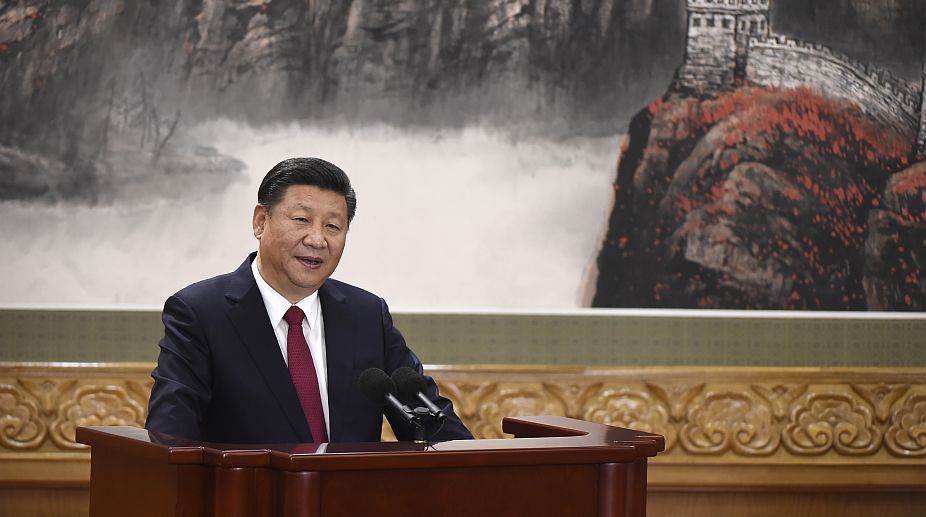Two leading experts from different parts of the world have recently made what is substantially the same point on China ~ that the erstwhile Middle Kingdom’s worldview is predicated on how the communist nation now sees itself. Ryan Hass, Senior Fellow at the John L. Thornton China Centre, in a recent article, underlines how the Chinese Communist Party’s propaganda department has assiduously constructed a triumphal narrative of the country’s claimed successes. The party-state’s determination to curate a single narrative of where China stands, demonstrates just how deeply inculcated among Chinese leaders is the belief that “narrative control is power”. In this telling, writes Hass, the China story is one of a country overcoming American hostility to return to its rightful place at the centre of the world stage as the balance of global power tilts towards it.
China, it is asserted from all fora, is quickly narrowing the gap in economic output with the USA and will soon emerge as the world’s largest economy. Beijing’s rapidly advancing military capabilities are highlighted, as is China’s diplomacy/economic largesse towards the developing world which is making it the leader of the global South. Eradicating poverty, improving air and water quality, and lifting quality of life for many of its people at home is what the CCP has allegedly succeeded in doing, making it a beacon for emerging economies ~ bar a few jealous, under-achieving mid-sized powers such as India one presumes ~ is the worldview Beijing has hammered into the mass psyche. As for the liberal democracies of the West led by the USA, the unwavering narrative has been that they are unravelling from within, plagued by political dysfunction and domestic divisions. “Even though this triumphal narrative is not embraced by everyone, it is the party line, and it has become dangerous for anyone inside China to challenge and/or question it publicly,” adds Hass.
Advertisement
Former Indian Foreign Secretary Shyam Saran, on the other hand, in his book published earlier this year, demystifies China’s imagined belief of itself as the Middle Kingdom. Contemporary China’s propensity to cut and paste history has resulted in China’s resentment of India based on a limited understanding of Indian history and of China’s past recognition of India as an advanced civilisation which impacted Chinese culture. As review of the book in a Gateway House publication puts it: “Today, the West recognises India’s potential to match China, with depth and skills, over the long term.” This is perhaps the single most important factor which colours the Chinese view of India. Saran’s critical analysis of the Chinese narrative of a “continuous unbroken history” of its civilization complete with “an eternal geography”, brings out the fact that it is an exercise in aggressive Sinicization of all aspects of the Chinese identity ~ including language, religion, culture, and ways of living ~ under a single command-and-control structure. Our inter-connected world needs to brace for the increasingly assertive voices of a people who have seemingly internalised this sense of self in terms of national identity. It will not be easy.









